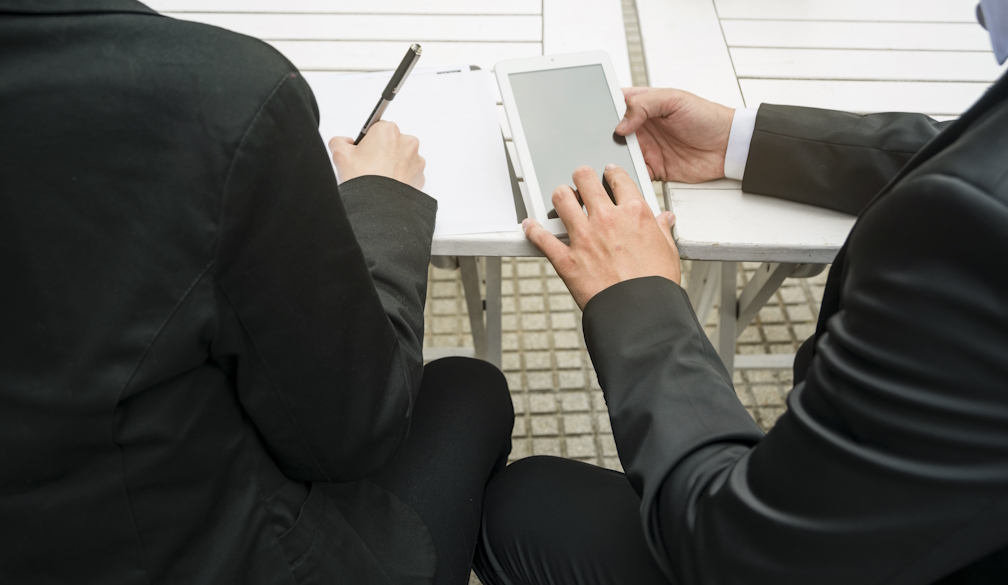Your Rights, Your Defence: Navigating a Criminal Offence Case

One of the most stressful things that may happen to someone is being accused of a crime. The stakes are high. You might lose your freedom, your career, and your reputation. At times like these, it is very important to know your rights and how to build a strong defence.
This article talks about what you need to know while dealing with a criminal offence case, why it's important to have expert help, and how being ready can affect the outcome.
Understanding What a Criminal Offence Means
A crime is something bad for society and can be punished by law. The charges can be as simple as theft and assault or as complicated as fraud or drug-related crimes. In criminal cases, the state is the one bringing the case against someone. That indicates the government is using its many resources to develop a case against you.
This power imbalance is why the law is important. If you don't have it, you can become lost in all the rules and details.
Your Rights in a Criminal Case
You have rights that are meant to protect you from the moment you are charged. Some of the more important ones include:
- The right to remain silent. You don't have to answer police queries without first getting legal guidance. What you say can be used in court.
- The right to legal representation. You can have a lawyer with you during questioning and the whole trial.
- The right to a fair trial. You are innocent unless someone proves you guilty. It is up to the prosecution to prove its case.
- The right to appeal. You can appeal the verdict to a higher court if you are found guilty.
Avoid making mistakes that might hurt your case by knowing and using these rights.
The Importance of Early Legal Advice
A lot of individuals don't realize how important it is to talk to a lawyer right away. A lawyer makes sure you don't say anything that could hurt your case. They also make it clear what the costs are, so you know what could happen.
Early advice might affect how a case moves forward when there are complicated criminal allegations, such as fraud or drug trafficking. Lawyers may even talk to prosecutors before a trial starts to get charges or punishments lowered.
Building a Defence Strategy
Every case is different, but defence strategies usually focus on these important questions:
- Was the evidence gathered legally?
- Can the prosecution prove that the defendant is guilty beyond a reasonable doubt?
- Do you have any witnesses or documentation that back up your story?
Evidence that is hard to believe is very important. If the cops got it illegally, it might not be allowed in court. In the same way, witness evidence that doesn't match up can make people doubt. A strong defence doesn't only use one point; it uses many to protect your position.
The Court Process Explained
Criminal cases normally follow a set path:
- Arrest and charge. Police formally accuse you of a crime.
- Bail hearing. A judge decides whether or not you can stay free until your trial.
- Pre-trial stage. Lawyers share evidence, and motions might be made to keep some facts out of the case.
- Trial. The prosecution goes first, then the defence. A judge or jury makes a decision.
- Sentencing. If found guilty, the punishments can be fines or jail time.
- Appeal. A higher court looks over any mistakes that might have been made during the trial.
This routine makes people feel less scared. It may seem scary, but it is a well-organized system with checks and balances.
Emotional and Practical Challenges
A criminal offence case has effects on personal life that go beyond legal ones. Relationships can be strained by stress, stigma, and not knowing what to do. There may also be a risk to job chances. This is why getting professional guidance is not only legal but also useful. Lawyers often help their clients deal with the emotional toll of the case while still staying focused on it.
Why Preparation is Key
When things seem unpredictable, having a prepared defence offers you control. Being responsible means keeping records, working with your lawyer, and being on time for all of your court hearings. Judges pay attention when defendants take their cases seriously.
Getting ready also gives you confidence. You and your lawyer don't panic; instead, you plan at each step.
Final Thoughts
It's scary to be charged with a crime, but it doesn't mean your future is over. If you know your rights, have the correct defence, and get legal assistance early on, you can get through the system more easily.
The legal system is supposed to be fair, but it can only be fair if people use their rights. If you or someone you know is facing these kinds of charges, remember that your defence starts as soon as you get legal aid.





